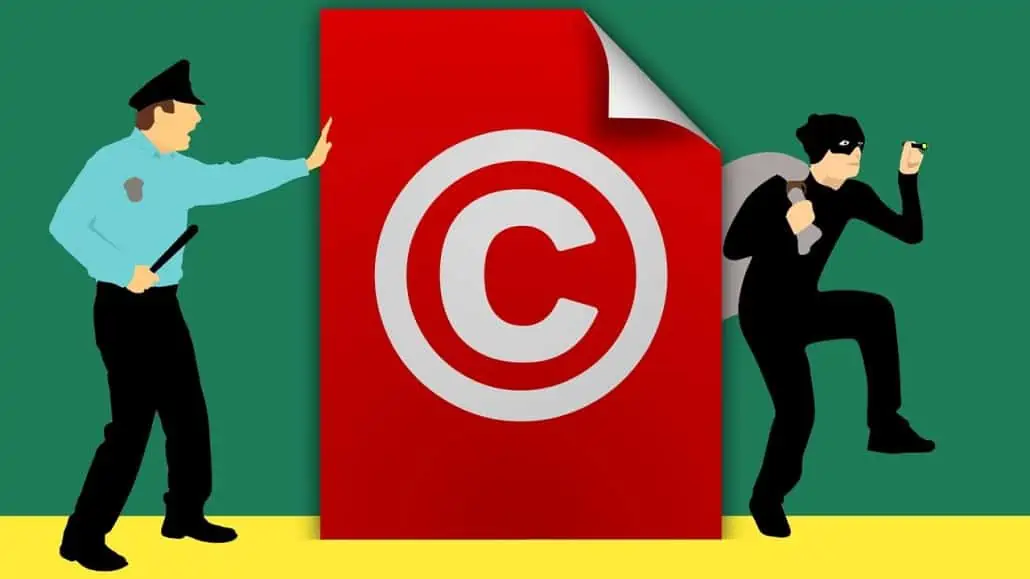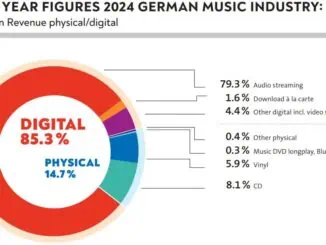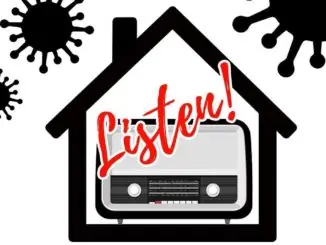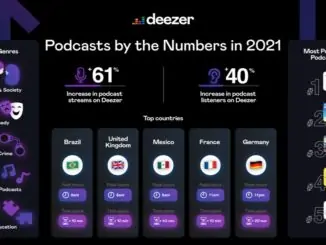
BPI wins court victory in cyberlocker and stream piracy cases in litigation on behalf of the UK record industry. The cases were dealt with following an online hearing at London’s High Court, which ruled that the operators and users of the websites use the services of internet companies (ISPs) to infringe copyright and that therefore the ISPs should block access to them. The infringing uses included providing or linking to a downloadable stream ripping app. Stream ripping and cyberlockers are the music industry’s current biggest piracy threats. They are responsible for part of the £200 million a year that is illegally ripped out of the music industry ecosystem and which could otherwise be helping to boost the legal music streaming economy.
The cases were brought in relation to a major cyberlocker ‘Nitroflare’ and a number of stream ripping sites including two of the world’s biggest, ‘Flvto’ and ‘2Conv’. Some of these sites provided or linked to the downloadable app, ‘MP3 Studio’. Together these sites attract over a billion visits a year worldwide, and tens of millions a year from the UK alone.
When a user accesses an illegal stream ripping site, or downloads and uses a stream ripping app, a song is ripped from services like YouTube (or in some cases social media sites such as Facebook and Instagram) and downloaded, enabling the user to listen to the music over and over again illegally, without any payment to the songwriters, performers, music publishers and record companies who create and invest in that music. The operators of the illegal stream ripping sites make millions of pounds a year from advertising in the UK alone, but do not share a penny with the creators of the music they are exploiting.
As to cyberlockers, sites like Nitroflare are deliberately designed to encourage and reward users to upload music and other valuable copyright material, and illegally share links to it with others who can then illegally download it. The High Court found that although music only represents around 10% of all files available on Nitroflare, the site warranted being blocked because it actively encouraged illegal sharing and it was highly unlikely that the site was being used for legitimate storage on a significant scale. The site also rewards those who illegally share music and penalises those who do not share by deleting their files.
Legal music streaming now accounts for 80% of music consumption in the UK and is helping the industry return to growth after years of piracy-driven decline. But revenues have still not recovered to their pre-piracy levels and much more still needs to be done to help protect the music industry ecosystem and creators.
The record industry continues to invest heavily in anti-piracy for the benefit of the wider music community. It started to take action against illegal streaming sites in 2017 when it shut down YouTube-mp3, the world’s biggest stream ripper at the time. The BPI has also been working with search engines to have stream ripper links demoted and delisted from search results, and with YouTube to prohibit ‘how to’ piracy tutorial videos.
During the period January 2018 – December 2020 ‘Nitroflare’, the cyberlocker to be blocked, has received an average of 3.5 million annual UK visits over that period. The four stream ripping sites to be blocked had the following annual UK visits over the same period: ‘Flvto’ (58 million visits), ‘2Conv’ (25 million visits), ‘Flv2mp3’ (1.7 million) and ‘H2Converter’ (700,000 visits), plus the downloadable app provider ‘MP3 Studio’ (1.2 million visits).




